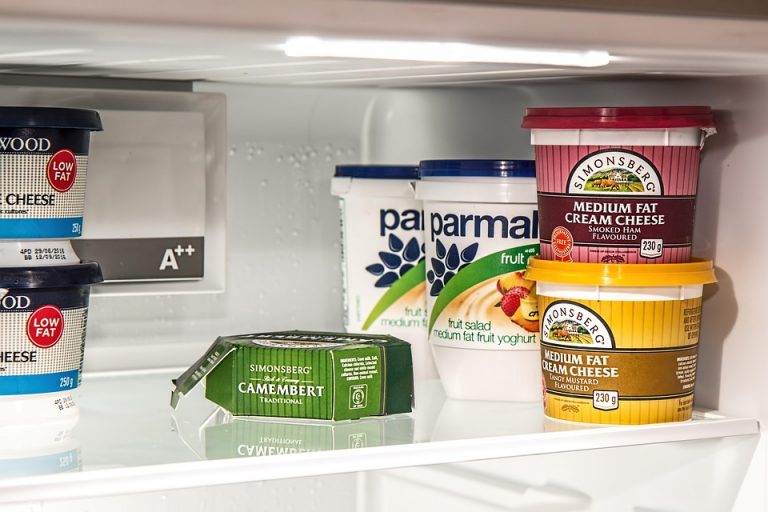Guarding your digital vault is essential in today’s landscape of rising cyber threats. As more people dive into the world of cryptocurrencies, understanding how to protect your assets becomes not just smart—it’s a necessity.
What does crypto security mean? Simply put, it involves protecting your cryptocurrency holdings from theft, loss, or fraud. With millions of dollars at stake and hackers lurking around every digital corner, ensuring your security not only protects your investments but also your peace of mind.
Contents
The Importance of Crypto Security
You’ve worked hard for your cryptocurrency. Whether you’re a seasoned investor or just dipping your toes into the crypto waters, the stakes are high. A single security breach can lead to devastating losses. Think about it: your digital assets are as valuable as gold, if not more. You wouldn’t leave your gold in a vulnerable spot; similarly, your digital vault deserves the same level of protection.
Know Your Crypto Landscape
Before diving into strategies, let’s paint a picture of the current landscape. Cryptocurrencies operate on decentralized networks, making them inherently different from traditional banking systems. This decentralization offers freedom but also invites risks.
Types of Threats
- Phishing Attacks: These are attempts to trick you into revealing sensitive information. A simple click on a malicious link can lead to disaster.
- Malware: Harmful software that can steal your information or even take control of your devices.
- Exchange Hacks: Even reputable exchanges can be compromised, leading to significant losses for their users.
Recognizing these threats is your first line of defense.
Best Practices for Crypto Security
1. Use Hardware Wallets
Why a hardware wallet? Think of it as a safe for your digital currency. Unlike software wallets that are connected to the internet, hardware wallets store your private keys offline.
- Benefits:
- Enhanced security
- Less susceptible to malware
- Ideal for long-term storage
Consider investing in well-reviewed options like the Ledger Nano X or Trezor Model T.
2. Enable Two-Factor Authentication (2FA)
A single password is often not enough. Two-factor authentication adds an extra layer of security. It requires not just your password but also a second piece of information, often sent to your mobile device.
- How to Set It Up:
- Choose an authentication app like Google Authenticator or Authy.
- Follow the instructions on your chosen exchange or wallet to enable 2FA.
This step is crucial; it makes it significantly harder for unauthorized users to access your account.
3. Be Wary of Public Wi-Fi
Using public Wi-Fi networks can expose you to risks. Avoid accessing your crypto accounts while connected to these networks.
- Consider Using a VPN: A Virtual Private Network encrypts your internet connection, making it much harder for hackers to intercept your data.
4. Keep Your Software Up to Date
Updates often come with security patches. Ignoring them can leave you vulnerable.
- Regular Updates:
- Operating System
- Wallet Software
- Antivirus Programs
Make it a habit to check for updates regularly.
Educate Yourself on Scams
The crypto space can be a minefield of scams. Knowledge is power. Stay informed about the latest scams circulating within the community.
- Types of Common Scams:
- Pump and Dump Schemes
- Ponzi Schemes
- Fake ICOs (Initial Coin Offerings)
Following reputable forums and websites can keep you ahead of these threats. Check out resources like CoinDesk or CoinTelegraph for the latest news and insights.
Implement Strong Passwords
Your passwords are your first line of defense. Make them strong and unique.
- Tips for Strong Passwords:
- Use a mix of letters, numbers, and special characters.
- Avoid using easily guessed information like birthdays or names.
- Consider a password manager to keep track of your numerous passwords.
5. Use Cold Storage for Long-Term Holdings
For assets you don’t need immediate access to, cold storage is your best friend.
- What is Cold Storage? It refers to keeping your crypto offline, away from any internet-connected device. This drastically reduces your exposure to online threats.
Regular Backups
Imagine losing access to your wallet due to a device failure. Regular backups can save you from such nightmares.
- Backup Steps:
- Regularly back up your wallet data.
- Store backups in secure, separate locations.
You’ll thank yourself in the long run.
Stay Vigilant
The crypto world is ever-changing. Stay updated on security trends and best practices. Follow industry leaders and engage in community discussions.
- Recommended Resources:
The Role of Insurance
While it may seem like an extra step, considering insurance for your crypto assets can add an additional layer of security. Some companies offer policies specifically designed for crypto holdings.
- Benefits of Crypto Insurance:
- Protection against theft or hacks
- Peace of mind in uncertain situations
Bottom Line
Guarding your digital vault isn’t just about following a checklist; it’s about creating a culture of security around your assets. The world of cryptocurrency is exciting, but it comes with its challenges. You owe it to yourself to take every precaution.
Imagine a life where you can confidently invest without the constant worry of theft or loss. Embrace these strategies, stay educated, and keep your assets safe.
Take action today. Start implementing these strategies right now, and protect what you’ve worked so hard to build.
Frequently Asked Questions
What is a hardware wallet?
A hardware wallet is a physical device that securely stores your cryptocurrency keys offline.
How often should I change my passwords?
Aim to change your passwords every few months and whenever you suspect any suspicious activity.
Can I recover my crypto if I lose my wallet?
If you’ve backed up your wallet properly, you can recover your crypto using your backup.
Feel empowered, stay secure, and remember: your digital vault deserves the best protection.








